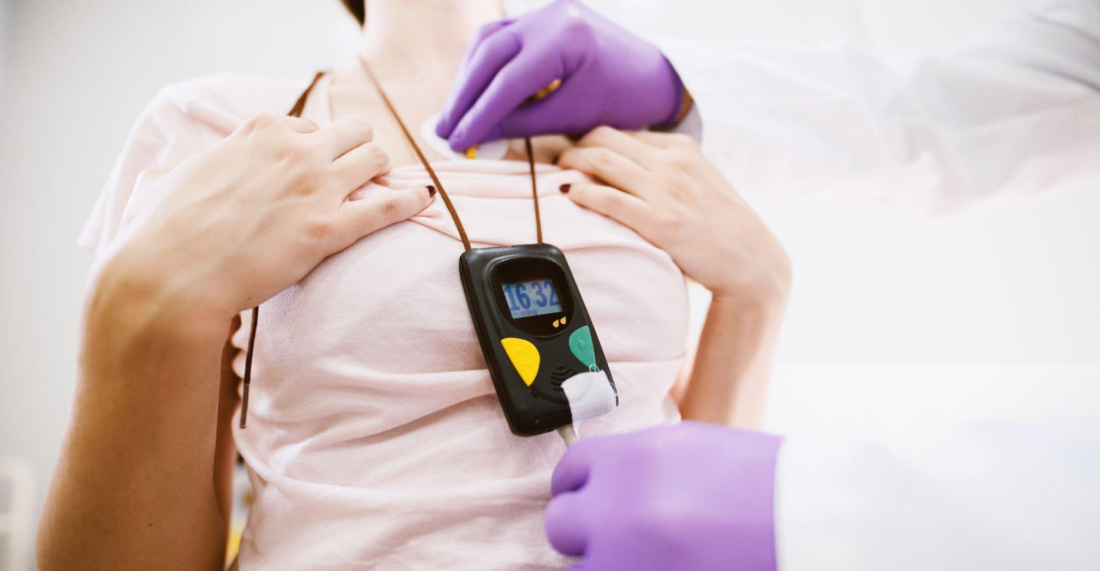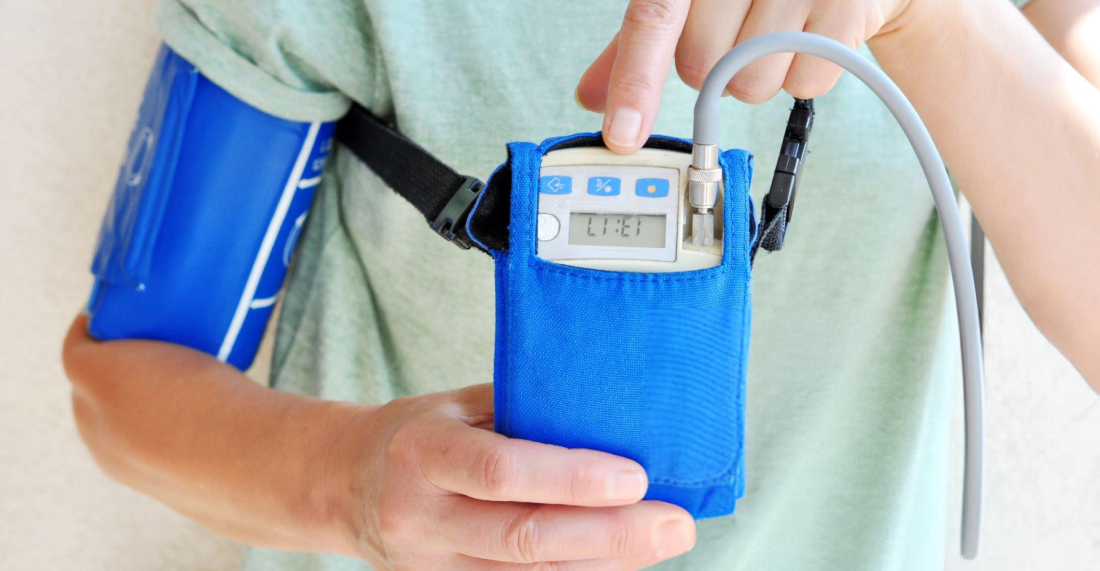

It is often said, ‘No beauty shines brighter than a healthy heart’.
Our heart is the centre point of our body, managing one of the most important bodily functions – circulating blood. Heart health, is, therefore, of utmost importance and is managed using various machines such as a Holter monitor.
A Holter monitor records your heart’s activity continuously for 24 to 48 hours, providing valuable insights into your heart health, especially for detecting irregular heart rhythms that may be missed during a standard ECG test.
A Holter monitor is a portable device that continuously records your heart’s electrical activity over an extended period, typically 24 to 48 hours, though some may be used for up to 14 days. It’s similar to a traditional ECG but provides more comprehensive data because it tracks your heartbeats throughout daily activities and sleep.
A Holter monitor is used to detect irregular heart rhythms that may not show up on a regular ECG test. It helps doctors monitor symptoms like dizziness, chest pain, and fainting and can diagnose conditions such as atrial fibrillation and bradycardia. This monitor also evaluates the effectiveness of heart medications and assesses heart function in patients with heart disease. It provides valuable information by continuously tracking heart activity during daily activities and sleep.
Holter monitors work by using electrodes – sticky patches placed on your chest – that detect and transmit heart signals to the monitor. These signals are then recorded for analysis by a doctor to identify any irregular heart rhythms (arrhythmias) or other abnormalities. A Holter monitor gives a fuller view of your heart’s activity throughout the day and night compared to a standard ECG, which only captures a brief snapshot.
Holter monitors are meant to be worn during daily activities, to get accurate readings and prevent damage. However, there can be certain restrictions too such as:

Sleeping with a Holter monitor can feel uncomfortable, but it is an essential part of the test since heart rhythm abnormalities can occur during sleep.
Here’s how you can manage it:
Holter monitors are generally non-invasive and safe. However, some people may experience minor side effects such as:
After completing the test, a doctor will analyse your heart’s electrical activity. Abnormal Holter monitor results may indicate:
Signals from the heart’s upper chambers (atria) may not reach the lower chambers (ventricles) properly, causing heart block.
If your heart isn’t getting enough oxygen, it may indicate coronary artery disease.
If you experience dizziness or fainting but your Holter monitor doesn’t detect irregularities, further testing may be needed. Abnormal Holter monitor results are not always serious. Some irregular heart rhythms are harmless and may not require treatment. Your doctor will interpret the results and recommend further tests or lifestyle adjustments if needed.

A Holter monitor is a useful tool for detecting heart rhythm issues that may not show up on a short ECG test. It continuously monitors your heart activity to provide important information about potential problems.
When wearing a Holter monitor, be sure to follow restrictions for accurate results, watch out for skin irritation, find a comfortable way to sleep, and stay calm if you receive abnormal results. By understanding how to use and manage a Holter monitor, you can help your doctor make the best decisions for your heart health.
Sources:
Spread the love, follow us on our social media channels